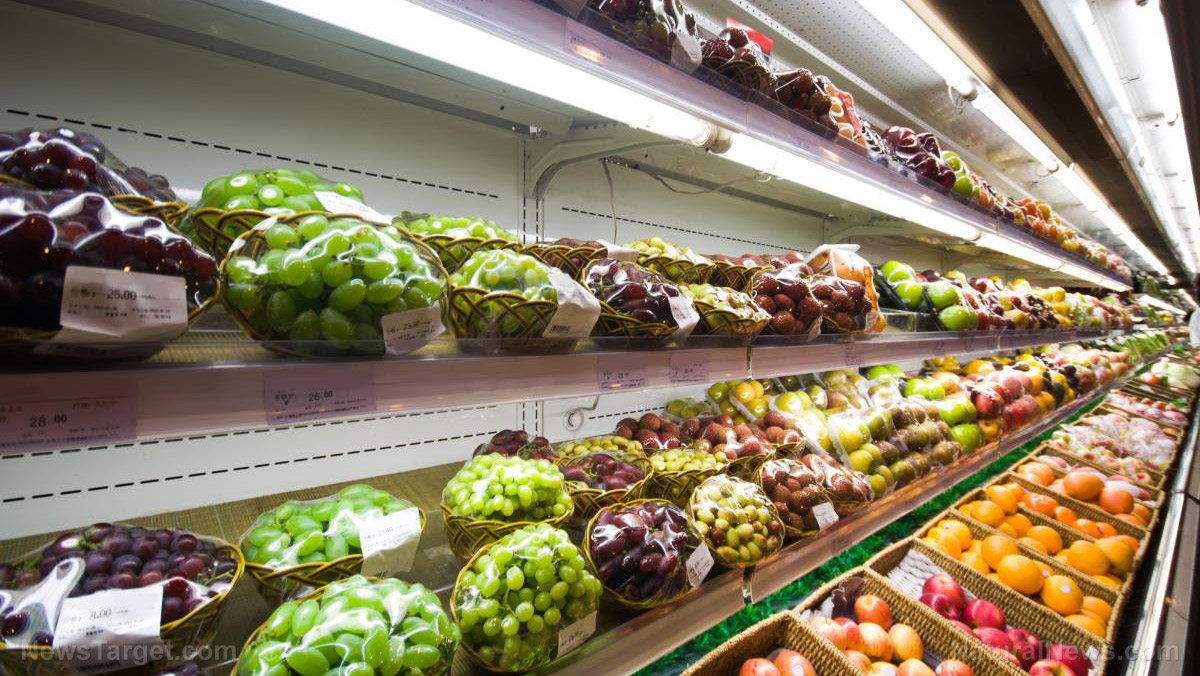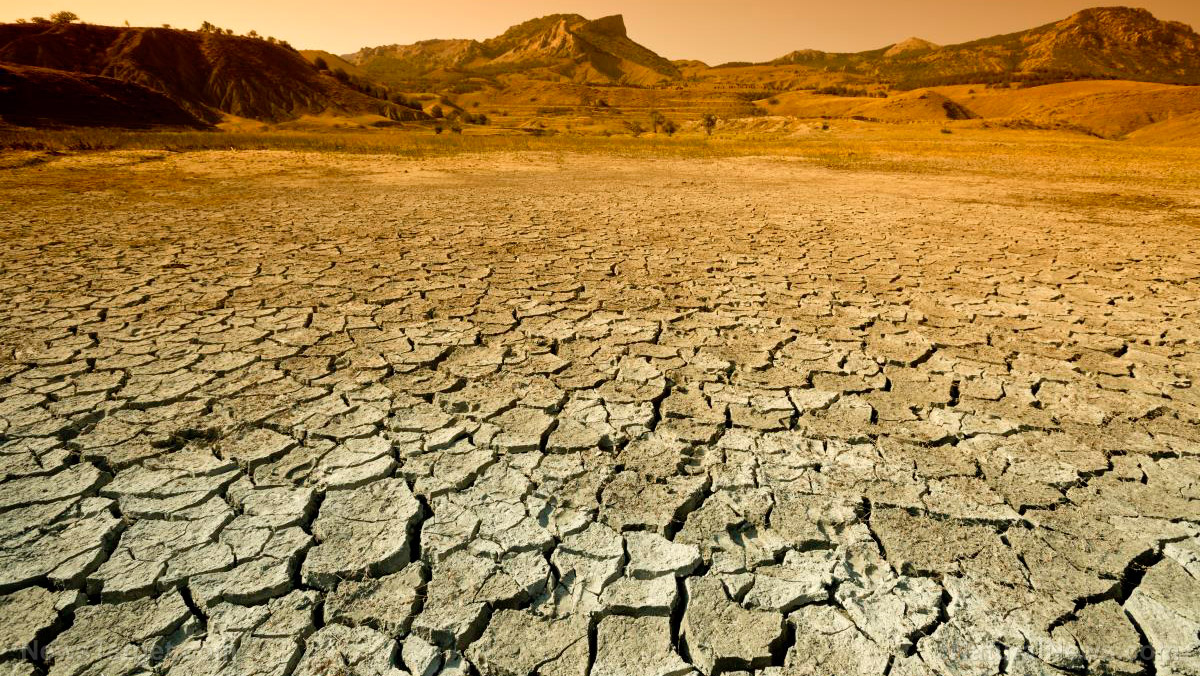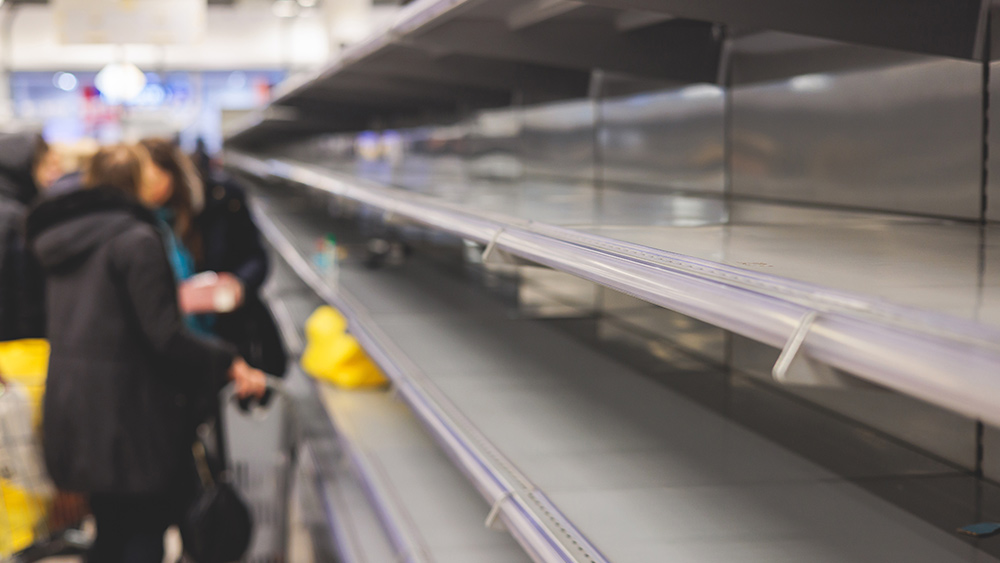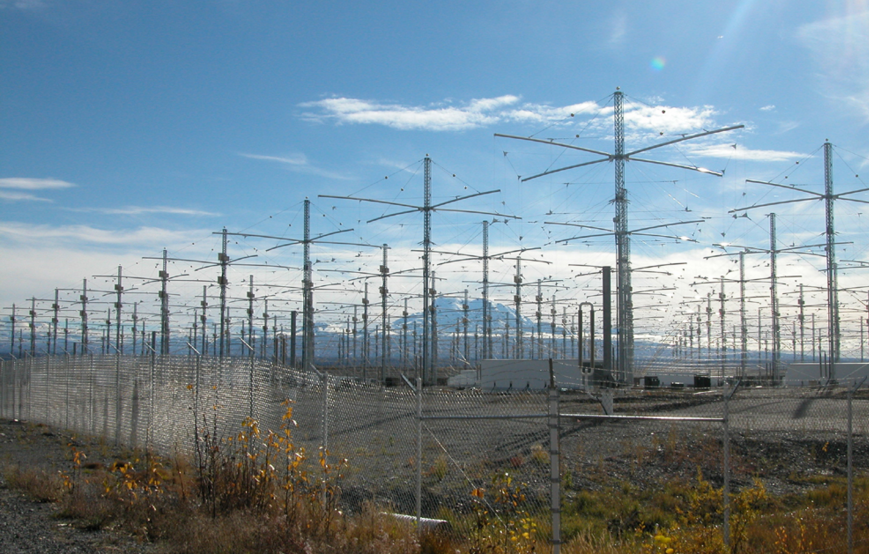Global RICE SHORTAGE looms as India restricts exports of staple crop, unleashing global scarcity effects
09/13/2022 / By Ramon Tomey
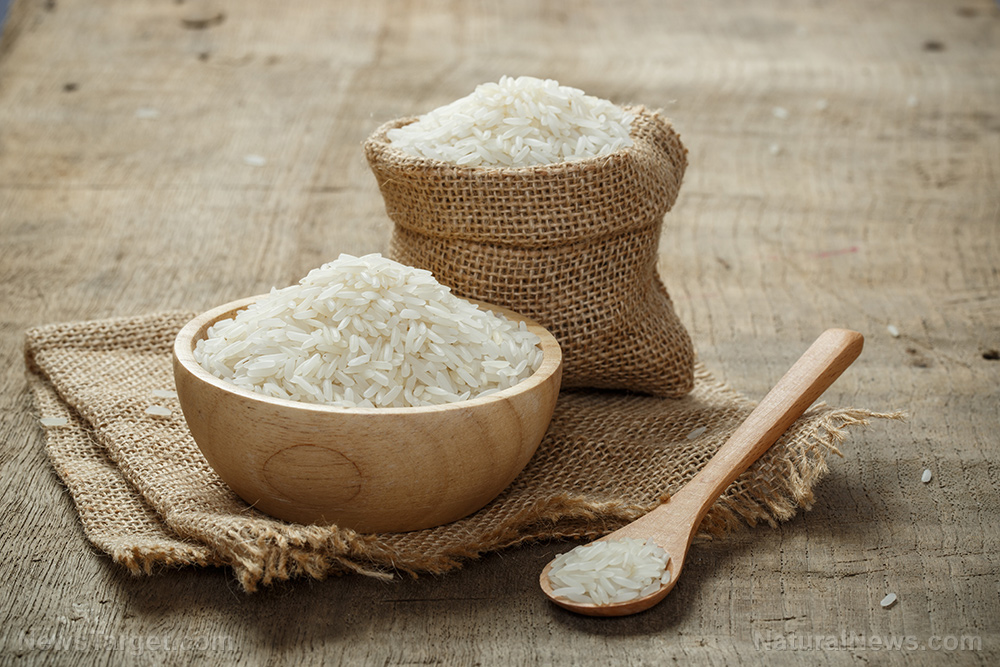
The world is set to see a global shortage of rice as India restricted exports of the staple crop.
According to CNBC, India prohibited exports of broken rice and imposed a 20 percent duty on exports of various grades of rice. The ban and duty, which took effect on Sept. 9, followed the Hindu-majority nation’s attempt to augment rice supplies and stabilize local prices following below-average monsoon rainfall that curtailed planting.
All India Rice Exporters Association President B.V. Krishna Rao said the the duty will affect white and brown rice, which account for more than 60 percent of India’s exports. New Delhi, however, excluded parboiled and basmati rice from the export duty. (Related: World’s largest rice exporter India bans export of certain rice varieties, places export taxes on others.)
“With this duty, Indian rice shipments will become uncompetitive in the world market. Buyers will shift to Thailand and Vietnam,” remarked Rao.
Himanshu Agarwal, executive director at Indian rice exporting giant Satyam Balajee, predicted that the country’s rice exports would fall by at least 25 percent in the coming months due to the extra taxes.
“Buyers can’t pay 20 percent more over [the] agreed price, and even sellers can’t afford to pay the levy,” he said. Agarwal called on the Indian government to “exempt already signed contracts” from the 20 percent tax.
Moreover, New Delhi also banned exports of 100 percent broken rice, which is mainly used for feed purposes. A few poor countries in Africa, such as Djibouti and Senegal, purchased broken rice for human consumption.
China had been the biggest buyer of broken rice from India, purchasing 1.1 million tons in 2021 for feed purposes. However, a dealer with a global trading firm based in Mumbai – India’s financial capital – warned that the ban could badly affect Beijing’s purchases of broken rice.
“Except rice, prices of all food crops were rising. Rice is joining the rally now,” he said.
India’s export ban on rice sure to have global repercussions
India’s ban on rice export is no laughing matter. Its exports topped a record 21.5 million tons in 2021. This surpassed the combined shipments of the world’s next four biggest exporters of the staple crop: the U.S., Pakistan, Thailand and Vietnam.
The Hindu-majority nation accounts for more than 40 percent of global rice shipments, and exports rice to more than 150 countries. Any reduction in its shipments, which translates to less supply, would push already exorbitant food prices upward.
India mainly competes with other rice-producing nations such as Pakistan, Myanmar, Thailand and Vietnam in the world marker. But with New Delhi’s trade edicts, buyers are very likely to avoid purchasing rice from India for the time being.
Economist and author Michael Snyder commented on the development in his blog.
“Even though drought is devastating so many other crops all over the planet, I thought that there would be plenty of rice in 2023. Unfortunately, I was wrong,” he said.
“Some of the biggest rice producers in the entire world are being hit really hard, and rice production is going to be way below expectations this year. Of course rice is one of the primary staples that poor nations depend upon, and so this is a really big deal.”
Snyder warned of “enormous implications” if the rice shortage becomes serious in 2023.
“One hundred fifty different nations depend on rice from India. So where are they going to get their rice?”
“None of us have ever faced anything like this. The food that will not be harvested in the months ahead will not be on our store shelves in 2023. This is not a drill: Food shortages really are coming, and our world will be changing in wild and unpredictable ways.”
Visit WheatWar.com for more stories about the impact of export bans on certain staple crops.
Watch Mike Martins talk about India’s earlier ban on wheat exports months ago.
This video is from the Mike Martins Channel on Brighteon.com.
More related stories:
Export bans put in place by different nations WORSEN food inflation.
World’s largest rice exporter, India, warns of output crisis amid heatwave.
Global rice production to plunge by 10%, hundreds of millions to be affected.
Rice crisis incoming: Soaring fertilizer prices threaten rice production in Asia.
Sources include:
Submit a correction >>
Tagged Under:
big government, chaos, crops, export ban, famine, food collapse, food inflation, food prices, food shortages, food supply, harvest, hunger, India, panic, rice exports, staple crop, starvation, supply chain, tax duties, wheat war, world agriculture
This article may contain statements that reflect the opinion of the author
RECENT NEWS & ARTICLES
COPYRIGHT © 2017 FOOD SUPPLY NEWS


